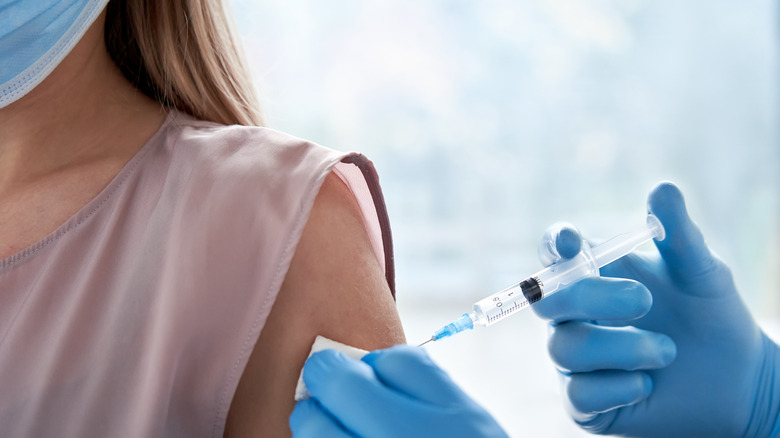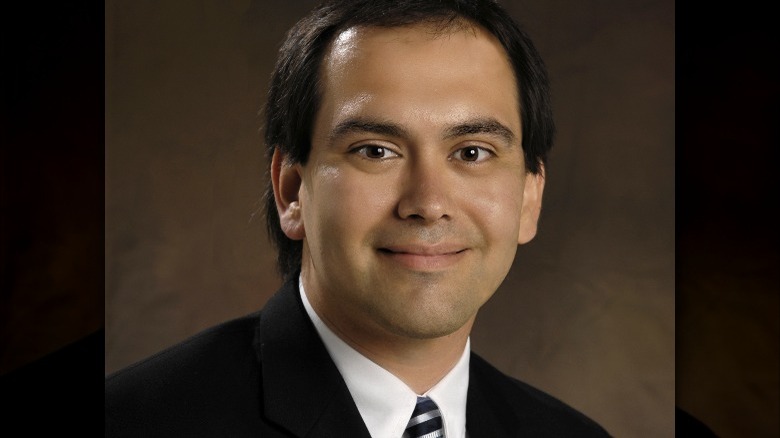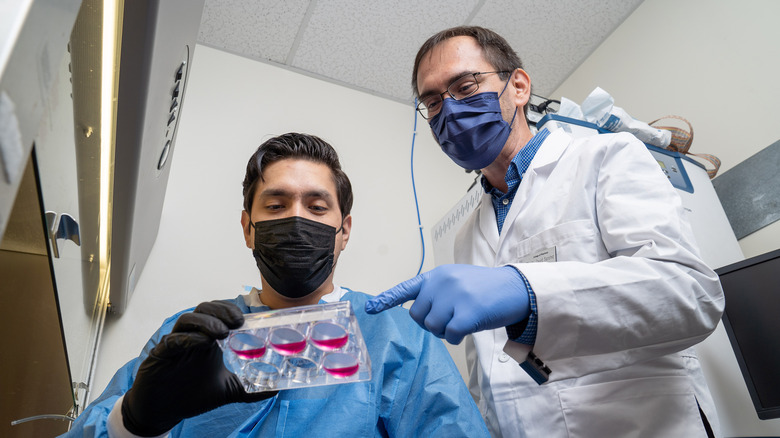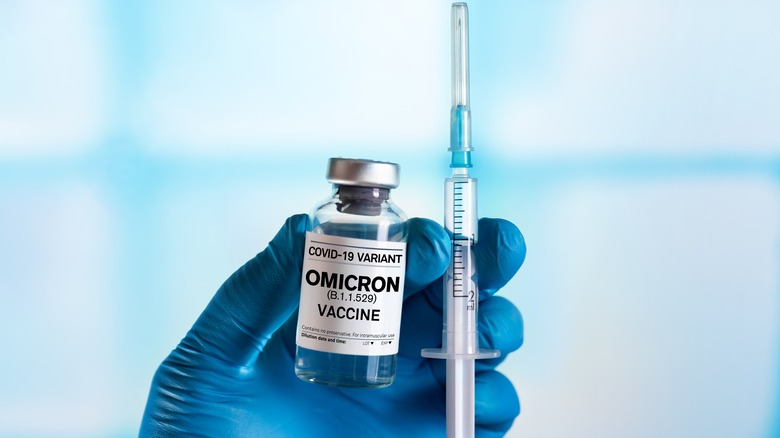Dr. David Sanchez Of Western University Of Health Sciences Talks All Things COVID Boosters - Exclusive Interview
Since the beginning of the pandemic, a lot of different information has circulated about COVID shots, including plenty of misinformation. The good news is that all people over 6 months of age are eligible to start their vaccination series. A third booster shot is also available, and now, with the virus showing no signs of going away, some of us can get a fourth COVID vaccine.
Still, a lot of questions remain, such as why we need yet another shot and whether our new normal includes more COVID boosters down the road. In an effort to address these important issues and understand the science behind the vaccine schedule, we talked to Dr. David Sanchez, an Associate Professor of Pharmaceuticals at Western University of Health Sciences.
Not only is he well-versed in vaccine science, but Dr. Sanchez was among the first people to get a COVID shot. In our exclusive interview with him, he explained who can get a fourth poke and what we might expect in the future as far as protection from the disease that has come to characterize the 2020s.
Who can get a fourth COVID shot
Can you share a bit about your background and qualifications?
I am an Associate Professor of Pharmaceutical Sciences [leading] a research program in viral immunity. In particular, we are working to understand how viruses interact with the body's immune system. As a professor, I teach immunology for pharmacy students and a class on how the science of vaccines impacts society. In addition, I was a participant in one of the clinical trials for the first COVID vaccines and was getting the immunization several months before they were officially approved. I wanted to do my part to bring better protection to our community and knew we all had to do our part.
Who is currently eligible for a fourth COVID vaccine, and when will everyone become eligible?
Everyone who is eligible to get the two doses of the COVID vaccine is eligible for the first booster. However, if you are immunocompromised and 5 years and older for the Pfizer, and 18 years and older for the Moderna, you can get a fourth [vaccine, the second] booster. The same guidelines go for people 50 years and older [who] are not immunocompromised. If we get new versions of the COVID shot for the new variants, that might turn into everyone else's fourth shot. But with fall coming up, a fourth shot should be coming before winter hits.
COVID boosters are still vital in our fight against the virus
Why is it important for vaccinated people to get COVID boosters?
Vaccination is really powerful. It provides a strong immune response in the person that lasts for different amounts of time. But for the COVID vaccines, the immunity is strong for a couple of months and then not as strong. That means the immune response is still there, but instead of a whole legion of immune cells and antibodies, we have just a few scouts left over.
Each time we get exposed to the vaccine, we boost up the immune response and make it ready to fight any potential virus. That is why it was important to get a booster right when there is more spread of a variant. The more antibodies, the less chance of severe disease. We have to think back to the start of the pandemic when everyone that was infected could develop severe disease. Those were pretty scary times.
Now, since so many people are vaccinated, those that get COVID usually get a severe cold but with less worry that they might need to go to the hospital. That is key: Make the disease less so there is less chance to be hospitalized.
Why are people skeptical of boosters?
Vaccine hesitancy is completely normal, especially in our modern times [when] we have the ability to ask questions and get answers from other sources. There is a difference between anti-vaxxers and vaccine-hesitant people. An anti-vaxxer does not care what is in the vaccine or the booster — they don't want it.
But a vaccine-hesitant or skeptical person is asking questions, like "Why do we need another shot?" or "Will I be protected more than [with] the first two doses?" These questions make sense to ask, and someone that is a skeptic just needs to see what the facts are.
The future of boosters is uncertain
Are we likely to continue needing boosters in the future? Will we be getting them forever?
I don't think anyone really knows what the future of COVID vaccines and boosters will be. The big vaccine producers are looking at our yearly flu shot as a foundation [for] what to do. In this case, it might be important to update the boosters each year so that they can better target the new variants circulating around the globe. That might be the big new push even for the fall of 2022.
The question of how long we will need boosters is hard to predict. If you look, there are still many countries that are not controlling COVID as well as America. However, I am optimistic that soon we will have better tools — whether better vaccines or better antivirals — that can actually help us control COVID.
Learn more about Dr. David Sanchez's research at the College of Pharmacy.
This interview was edited for clarity.




